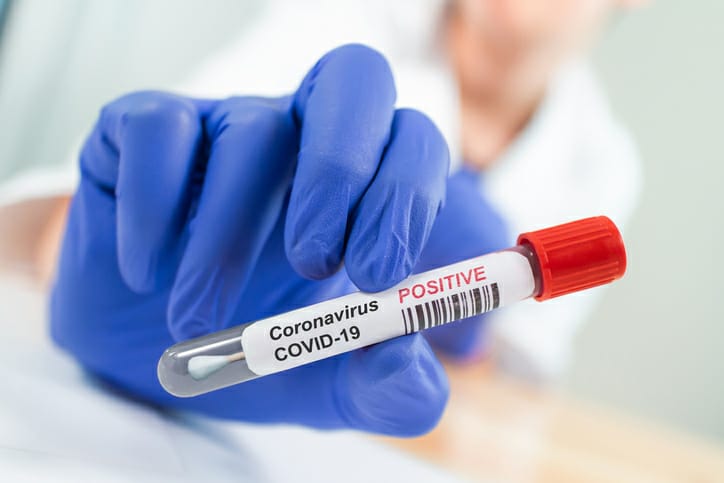
London, October 27
The hope for long-term immunity from Covid-19 was thrown into doubt on Tuesday as a large UK study concluded that protective antibodies in people fall "quite rapidly" after a coronavirus infection.
 Imperial College London's research, which tested more than 365,000 people in England, found that antibody response to the novel coronavirus that causes COVID-19 wanes over time, which indicates that any level of immunity could last only a few months.
Imperial College London's research, which tested more than 365,000 people in England, found that antibody response to the novel coronavirus that causes COVID-19 wanes over time, which indicates that any level of immunity could last only a few months.
"Seasonal coronaviruses that circulate every winter and cause common colds can re-infect people after six to 12 months," said professor Wendy Barclay, a virologist who was one of the researchers on the study.
"We suspect that the way the body reacts to infection with this new coronavirus is similar to that," she said.
Antibodies are a key part of the body's immune defences and stop viruses from getting inside the body's cells. The Imperial College London team found the number of people testing positive with a finger-prick test for antibodies has fallen by 26 per cent between June and September.
"Our study shows that over time there is a reduction in the proportion of people testing positive for antibodies," said professor Paul Elliott, director of the programme at Imperial College London.
"Testing positive for antibodies does not mean you are immune to COVID-19. It remains unclear what level of immunity antibodies provide, or for how long this immunity lasts. If someone tests positive for antibodies, they still need to follow national guidelines including social distancing measures, getting a swab test if they have symptoms and wearing face coverings where required," he said.
The downward trend was observed in all areas of England and age groups, but not in health workers, which could indicate repeated or higher initial exposure to the virus, the authors suggest.
"This very large study has shown that the proportion of people with detectable antibodies is falling over time. We don't yet know whether this will leave these people at risk of reinfection with the virus that causes COVID-19, but it is essential that everyone continues to follow guidance to reduce the risk to themselves and others,” said professor Helen Ward, one of the lead authors.
The decline was largest in people aged 75 and above compared to younger people, and also in people with suspected rather than confirmed infection, indicating that the antibody response varies by age and with the severity of illness. PTI
Join Whatsapp Channel of The Tribune for latest updates.



























